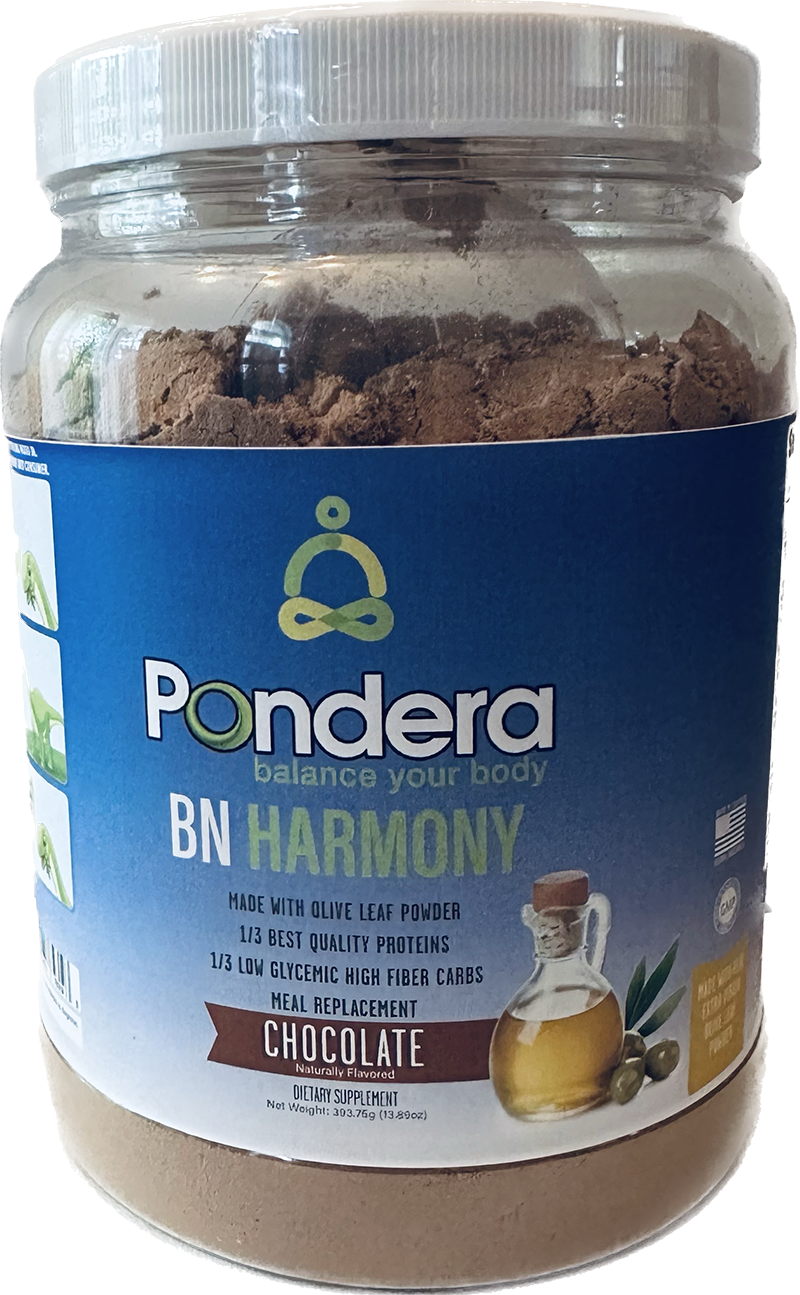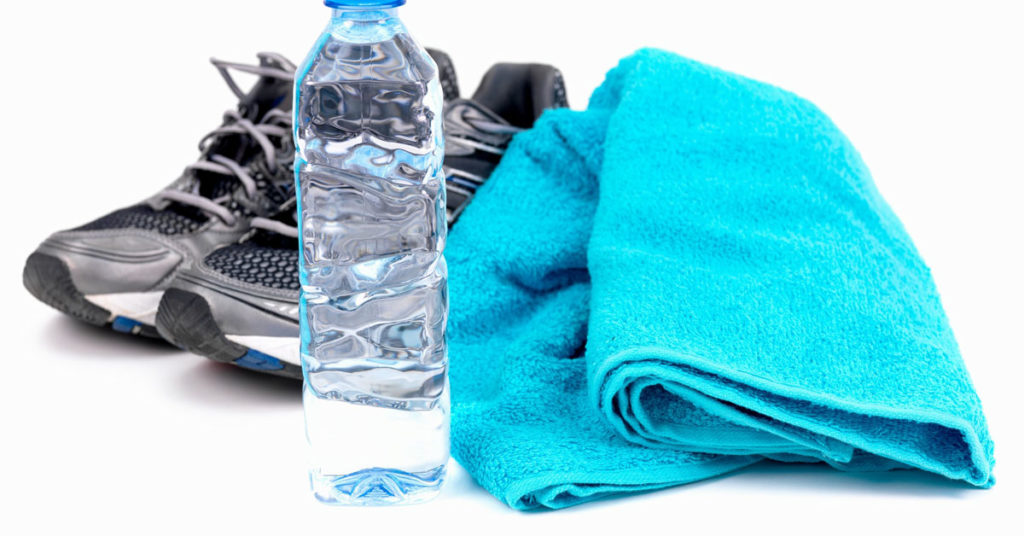Here’s the first of several items of pure wisdom that I’ve observed over the years to be true. This is our first installment of what we call the “Reboot”. Many of these are basic but misunderstood principles of good health. Understanding them is half the battle.
If you follow each piece of advice in each segment you simply can’t fail to improve how good you feel. If you’re frequently tired, sore, irritable, lack proper concentration or suffer from what some call “brain fog” this Is For You.
According to Forbes Magazine: "A host of studies and reports has linked insufficient sleep to depression, ADHD, obesity, Type 2 diabetes, cardiovascular disease, cancer, and Alzheimer’s. Back in 2014, the CDC labeled sleep deprivation a public health epidemic—with over 70 million adults suffering from a sleep disorder. Sleeplessness is also connected to other severe consequences: The National Highway Traffic Safety Administration estimates that drowsy driving causes 1,550 deaths and 40,000 injuries annually in the United States.
This is no joke! There are literally DOZENS of unmentioned consequences of chronic sleep deprivation. If you're not getting a minimum of seven hours of restful sleep per 24-hour period then you're paying the price somewhere. It's unavoidable.
More than one-third of our population (and we've seen more recent evidence that we're closer to 50%) is getting far less sleep than our bodies require. That's not all. Much of the population does not maintain a steady enough schedule to enjoy a productive, full cycle of sleep when at rest. Where do you stand?
The importance of routine and sleep
If you’ve never felt the “10:30 jet-lag” you’re probably not human. Just about everyone gets hit by it at one time or another even if it’s not in the late morning. In extreme cases people can go hours or days at a time feeling this way.
Some of us get hit during the weekday and others on the weekends, and an unfortunate few frequently get both. If you haven’t experienced it just wait until you get older (or pay better attention to your up days and down days). Or, perhaps ask someone in their 70s how difficult it can be to get a good night’s sleep if you don’t keep a steady routine. Lucky for us, we can eliminate the 10:30 crash by making a few adjustments. The secret lies in our night and morning routines. Each day we get older and these routines become more and more important to our biological systems.
If you’re the work hard, play hard type that packs as much as possible into your Friday and Saturday nights then you’re probably crashing more frequently during the weekend. Also, if you’ve been on a string of odd bedtimes for other reasons (happens more frequently in the summer when it stays light outside longer) there you go.
Our bodies thrive on routine. When we break that routine there’s no telling what our metabolism might be trying to do to compensate for the difference. Are you dieting or binging? These activities disrupt our normal biological patterns as well.
Keep a schedule and stick with it. This is especially necessary while you’re dieting. If you’re in a diet that leaves you hungry and uncomfortable late at night then you have to make some kind of an adjustment. Chances are that you’re messing with your metabolism and your quality of sleep at the same time!
Our Pondera customers often experience a higher quality of eating habits and quality of sleep. Fulfilling the needs of your body eliminate odd, unhealthy cravings without actually needing to "diet". A balanced body rests and re-charges more efficiently.
Lots of this is common sense but is it really? What happened to the owner’s manual for our bodies?
Do you get into periods where your sleep pattern is hit and miss from day to day? If you find yourself going to bed at 10:00pm on most nights but you go through a period of more frequent “late nights” during the week this could be a problem.
Here's what you need to do:
- Estimate your best number of hours for sleep. Everyone is different but if you think that you only need five hours of sleep per night you're only fooling yourself. 100 years ago the average person had nine hours of sleep daily. Our society today averages closer to six hours. The minimum recommended duration of daily sleep is seven hours. There's no shame in requiring even nine or ten hours to be at your best. Let's get you on track to get what you need!
- Calculate your schedule to accommodate that number of hours. This Is Not Negotiable! If the appropriate number of hours doesn't seem possible than you need to take a SERIOUS look at your lifestyle in general. Who are you putting ahead of yourself? What tasks, work, chores are more important than YOU? If you lose your health than all bets are off anyhow, right?
- From your planned wake-up time, set a bedtime schedule based on the hours of sleep that you need. Most people "Must" be up by a certain time so we're better off calculating backward from there. If you must rise by 7:00am then you need to be asleep by 11:00pm the previous night to gain eight hours of sleep.
- Set back "bedtime" by 30 minutes to allow preparation and wind-down prior to going to bed. "I can't fall asleep that early" is not an excuse. This is nonsense. It may take a few days to make it work but you MUST do it. Grow up. To ensure that you can fall asleep by the set time you may need to try a few different things to see what works. The 30 minutes before you go to bed are the most important. You have to establish a way to "settle down" mentally and physically. Light stretching and reading a book are often successful. During this time it is very important to turn down the lights, turn off unnecessary lights and rid your environment of noisy distractions. Doing this tells your body that it's getting dark and that things have settled down so your senses don't need to be operating at full peak any more for that day. This is a biological process!
Again, be patient with the process. Don't anticipate your bedtime as a fixed moment that you "have to be in bed by 10:30". This can set you up to miss the time, and not take into consideration any wind-down time or the actual time it takes to fall asleep. You'll eventually get it. Even individuals that have been having sleep troubles for years can succeed.
** Here is an additional set of tips. Chart all three periods being pre-bedtime, the time actually lying down, and the actual time you wake up. Keep track of all three of these. I'm sure that you've heard of a device called a FitBit. There are several devices on the market that will document these things for you. You'll be able to look back at "off" days and see what was different and try to avoid the circumstances that caused it.
If you hit your goal number of hours, make note of how you feel in comparison to previous weeks. Tell us how you're doing!

Get Your Life Back & Feel Great!
Pondera Wellness® BN HARMONEY is a nutritional meal replacement powder made from olive oil leaf powder, high quality whey protein and fiber rich carbs that provides essential nutrients to balance the body and improve your overall health.





